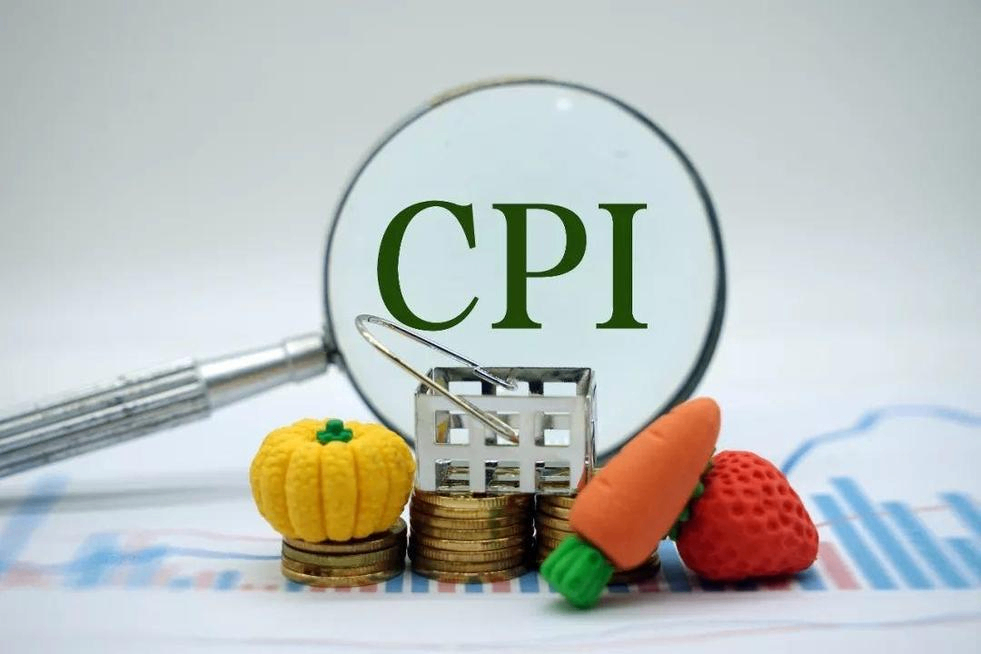US CPI rose 0.3% in April, lower than market expectations, Less than Expected
U.S. CPI data for April suggests inflation will ease, however, investors still expect the Fed to keep interest rates steady.
Key points:
- US CPI rose 0.3% month on month in April, slightly lower than expected
- Core CPI in line with forecasts, annual growth 3.6%
- US treasury bond yields fell and stock futures rose after CPI

CPI data
The Consumer Price Index (CPI) for April showed a month on month increase of only 0.3%, lower than the expected 0.4%. This increase suggests that inflationary pressure has eased, consistent with the annual growth expectation of 3.4%. The core CPI (excluding food and energy) also increased by 0.3% month on month and 3.6% year-on-year, in line with market expectations.
PPI and Fed stance
In contrast to the mild CPI data, the April Producer Price Index (PPI) rose 0.5% month on month, exceeding expectations of 0.3%. This difference indicates that there is sustained inflationary pressure in the production sector, which may affect consumer prices and thus affect the Federal Reserve's policies. In response, Federal Reserve Chairman Jerome Powell stated that he will adopt strategic patience, indicating that the Federal Reserve may maintain its current interest rates as inflation levels remain high.
financial market reaction
After the CPI data was released, the financial market responded positively, with the yield of US treasury bond bonds falling and stock futures rising. The yield of 10-year treasury bond fell by more than 8 basis points to 4.359%, reflecting the shift of investor sentiment towards safer assets. In addition, futures related to the Dow Jones Industrial Average and the S&P 500 Index rose 0.5% and 0.6% respectively, indicating an increase in market optimism.
Investor Sentiment and Future Outlook
This reaction reflects the complex interaction between consumer inflation data and market expectations. Although CPI is an important indicator for the Federal Reserve to monitor inflation, lower than expected growth provides a detailed observation of the economic situation, balancing concerns about sustained inflation with signals of potential easing. Investor confidence seems to have increased due to the possibility of the Federal Reserve adjusting its strategy, especially in the context of sustained normalization of inflation.
According to Tom Lee of Fundstrat Global Advisors, the easing of inflation in sectors such as housing and car insurance may indicate a more robust economic situation, which could lead to the Federal Reserve adopting a more relaxed interest rate policy in the near future. Lee believes that whether it is a pause in interest rate hikes or a rate cut, it will be positive news for the stock market, further supporting its positive outlook.
Disclaimer: The views in this article are from the original Creator and do not represent the views or position of Hawk Insight. The content of the article is for reference, communication and learning only, and does not constitute investment advice. If it involves copyright issues, please contact us for deletion.